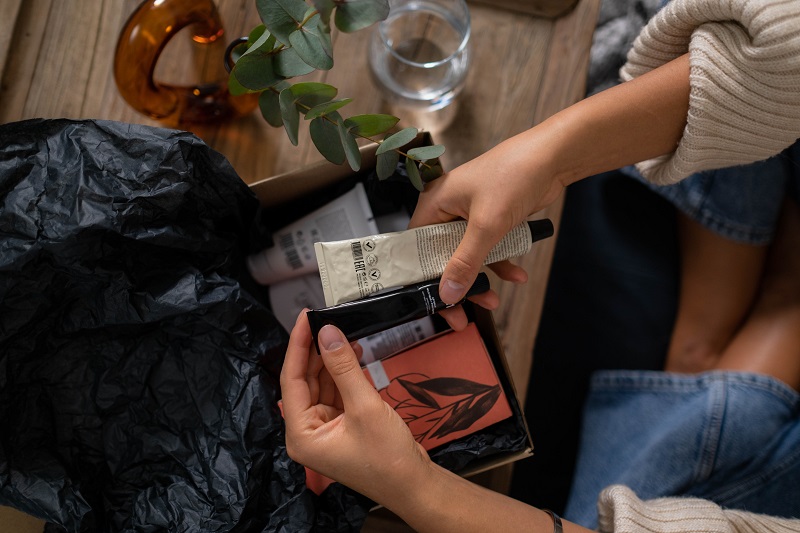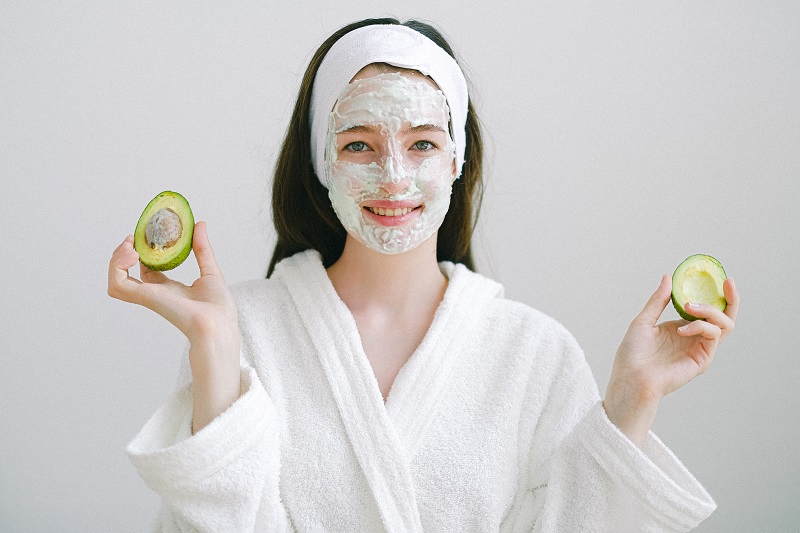Beauty and Lifestyle
5 Ways to Prevent Dry Skin in the Winter
by Ella Park
Your skin will experience changes as the seasons go by. In fact, studies have shown that humidity fluctuations or the switching between heated homes, cold outdoors, hot showers, and chilly winds can affect your skin texture. These environments can strip your skin’s barrier function and damage the capillaries close to the surface of the skin. In worse cases, you might even develop more permanent skin conditions such as rosacea and atopic eczema. To help your skin cope with the harsh temperatures, we’ve put together five of our best tips to prevent dry skin this winter.
Update your skincare routine
Your skincare routine might have been working fine for you for most of the year, but winter calls for formulas that are on the thicker side. Products that have rich consistencies will compensate for the changes in the air, lock in moisture into your skin, and act as a barrier against the drying extreme temperatures. You may want to look into skincare for dry skin, as these types of brands normally steer clear of alcohol and sulfates, which can cause extreme dryness, tingling, or burning during the transition of seasons.
Invest in a humidifier
A humidifier is essentially a device that can introduce moisture back into the air. This is helpful if your indoor heating is on a higher setting, as replenishing the humidity in the air can act as a natural moisturizing agent, which in turn prevents and relieves skin dryness. Studies on human skin function found that the top layers of skin hold less water in low-humidity conditions. So, a humidifier could combat this by keeping moisture in your home, making the space ideal for the top layer of your skin.
Limit your exposure to heat
Hopping into a hot shower or sitting in front of your heating system after getting home can be quite tempting, but doing so will be detrimental to your skin. The air around heaters is extremely dry, and hot showers will wash away the natural oils in your skin. If possible, aim for a maximum of 10 minutes in the heat, and only use lukewarm water rather than hot water for your showers and baths. When you take a bath, you can opt to add a few drops of essential oil to soothe your skin and avoid high-alkaline concentrations in your body wash and harsh scrubs that can dry you out.
Keep a healthy diet
It goes without saying that your overall health and skin condition are very much connected. For instance, eating salty junk foods will draw more fluid out of your cells to help neutralize the salt, which will leave your skin even drier. On the other hand, including fresh fruits and vegetables in your diet can revitalize your skin. For instance, fish, walnuts, salmon, and flax seeds can provide the fatty acids your body needs to increase cell and collagen production. Including these foods in your regular diet will no doubt be good for your skin, locking in moisture from within.
Stay hydrated
Even in the colder months, increasing your water intake can have a positive effect on your skin’s appearance. Skin hydration is a reflection of total-body hydration, and if your skin looks dry and dull, that might be an attribute of dehydration. Aim for eight to nine glasses a day, give-or-take. Additionally, avoid alcohol and sweet drinks, as these sugary drinks can cause inflammation and flare-ups of acne, rosacea, and eczema. Pairing this healthy amount of hydration with a good diet can make it easier for your skin to stay moisturized.
Keep our five tips in mind to get your skin ready to face winter, and don’t hesitate to contact your personal dermatologist to get more personalized skin advice. With a few changes to your skincare and routine, you can protect against dry skin.
About the Author
Ella Park is a skincare aficionado from Miami. When she’s not writing, she loves trying out new products and sharing her finds with her friends and family.





